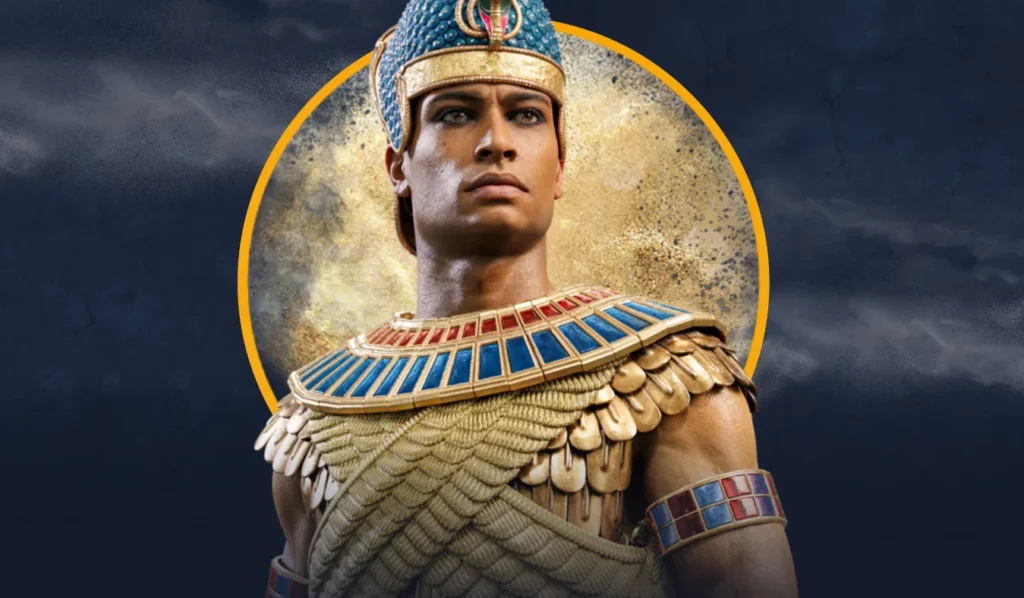
In examining the hardening of Pharaoh’s heart in the biblical narrative, we encounter a complex interplay of divine sovereignty and human responsibility. The book of Exodus portrays Pharaoh as the powerful ruler of Egypt

In examining the hardening of Pharaoh’s heart in the biblical narrative, we encounter a complex interplay of divine sovereignty and human responsibility. The book of Exodus portrays Pharaoh as the powerful ruler of Egypt
Copyright © 2026 Biblemode
